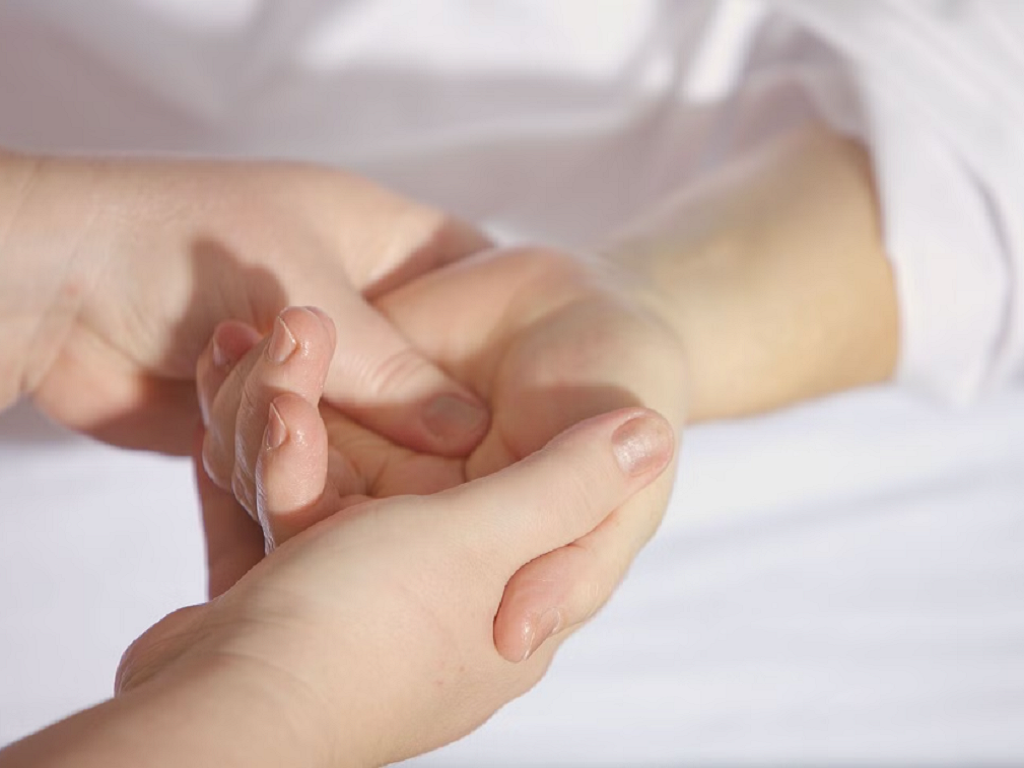Insulin is a hormone secreted by the pancreas that helps cells absorb glucose from the blood. However, in diabetic patients, the pancreas does not secrete enough insulin or the body does not use insulin effectively. Both of these conditions cause high blood sugar, according to the health website Healthline (USA).

Numbness in the hands of diabetics is a warning sign of nerve damage.
Controlling blood sugar is very important for diabetics. Because high blood sugar over a long period of time will damage the heart, kidneys, eyes, nerves and some other organs. Among them, there is a symptom that will appear at night and that is a sign that the disease is getting worse.
Long-term high blood sugar damages nerves, leading to diabetic neuropathy. This condition affects the nerves in the body, mainly in the hands and feet.
Depending on the affected nerve, tingling, numbness, and pain will appear in the feet, legs, or hands. The most common is numbness that starts in the toes, then gradually spreads to the calves. As the disease progresses, this numbness will appear in the hands.
The numbness and tingling sensation gets worse at rest, especially at night. In severe cases, the numbness and tingling can turn into pain, and even light touch can cause extreme pain in the hands and feet.
In addition, this nerve damage can cause problems with the digestive system, urinary tract, blood vessels, and heart. Some people only have mild symptoms, while severe cases cause pain and greatly affect mobility.
However, the good news is that regular exercise helps control blood sugar and plays an important role in treating diabetic neuropathy. Maintaining good blood sugar levels can prevent and slow the progression of diabetic neuropathy.
In addition to exercise, a healthy diet also plays an important role in controlling blood sugar. Patients need to limit foods high in blood sugar and prioritize foods with a low glycemic index such as eggs, potatoes, beans, green vegetables, brown rice, oats, quinoa, nuts and some other dishes, according to Healthline .
Source link




























![[Photo] National Assembly Chairman attends the seminar "Building and operating an international financial center and recommendations for Vietnam"](https://vphoto.vietnam.vn/thumb/1200x675/vietnam/resource/IMAGE/2025/7/28/76393436936e457db31ec84433289f72)






































































Comment (0)